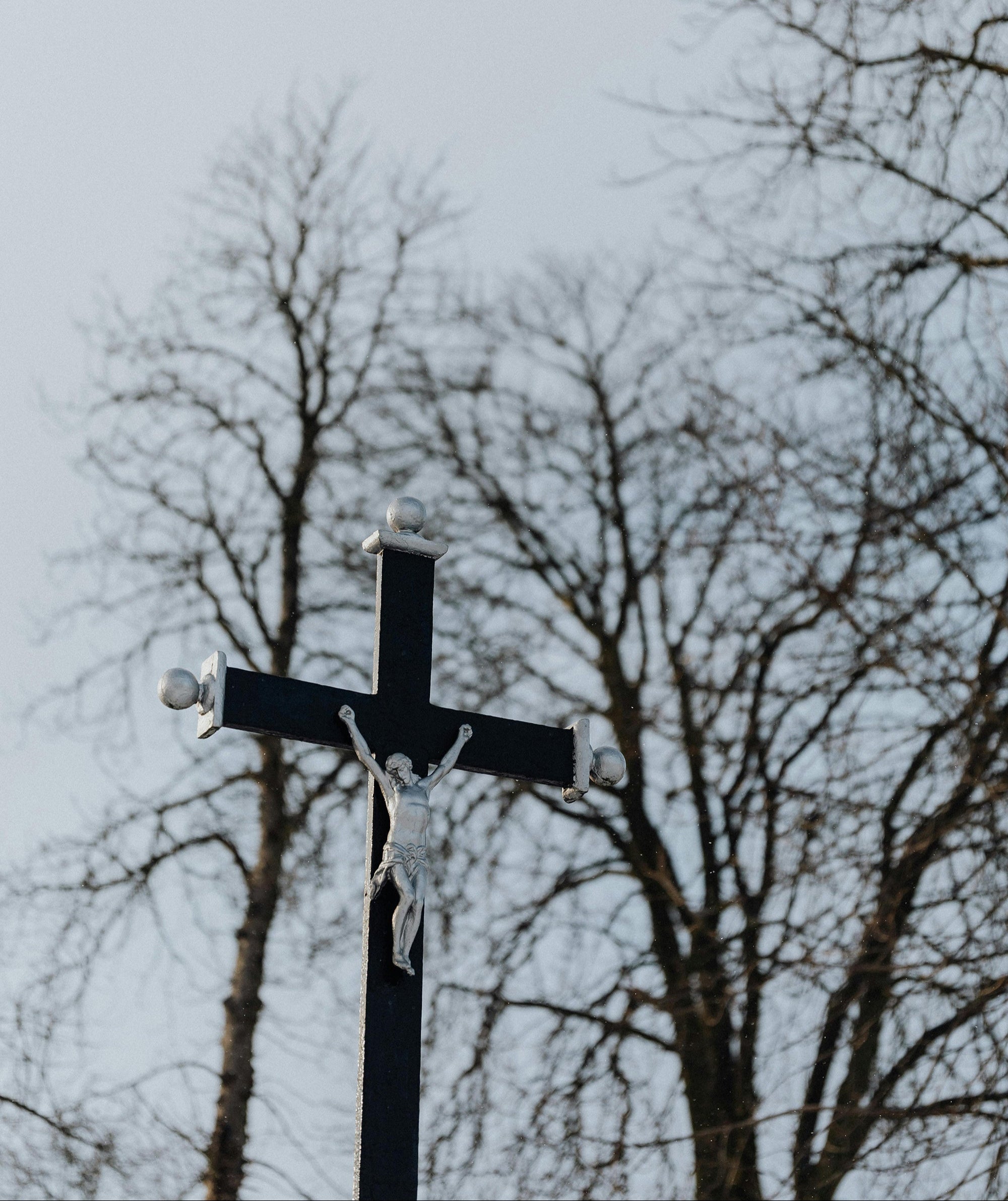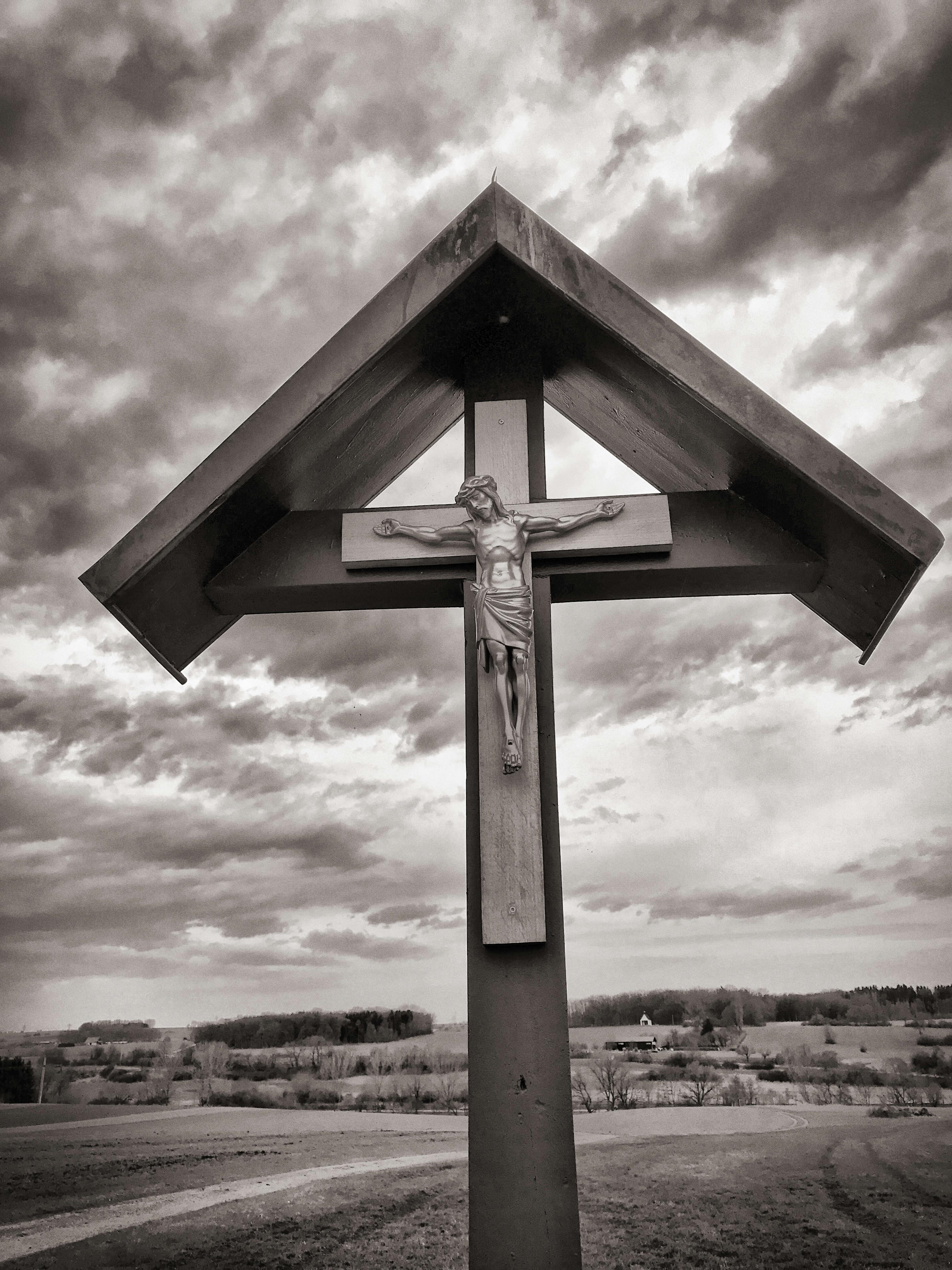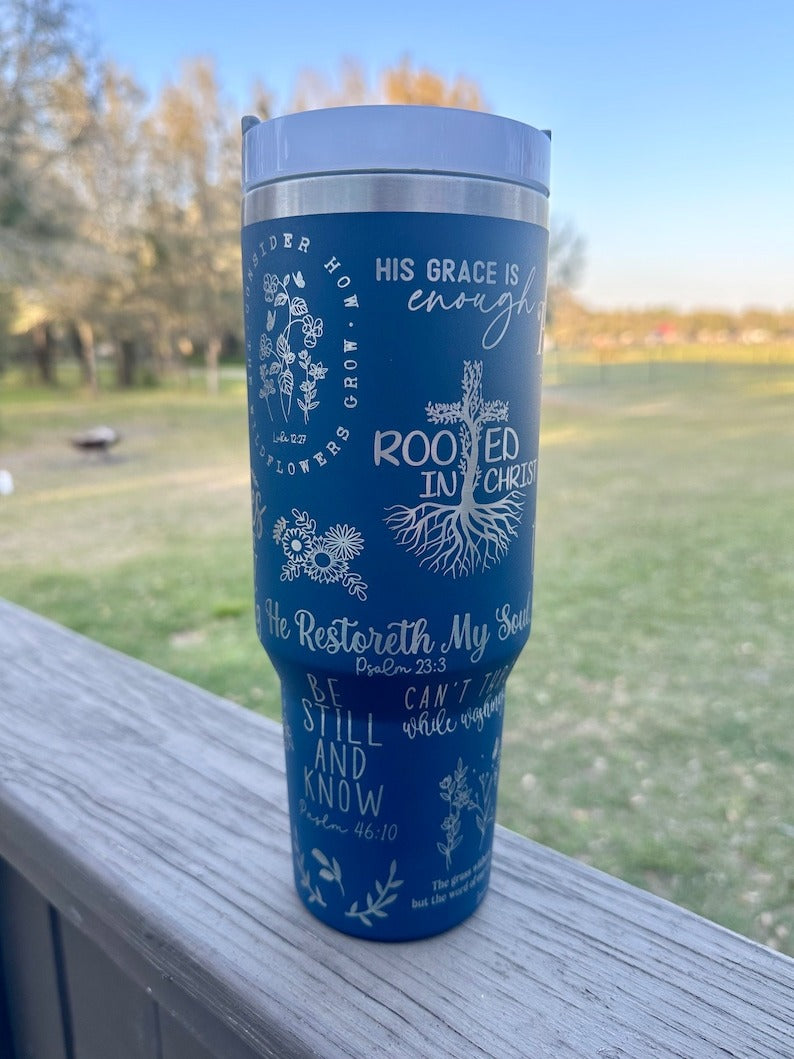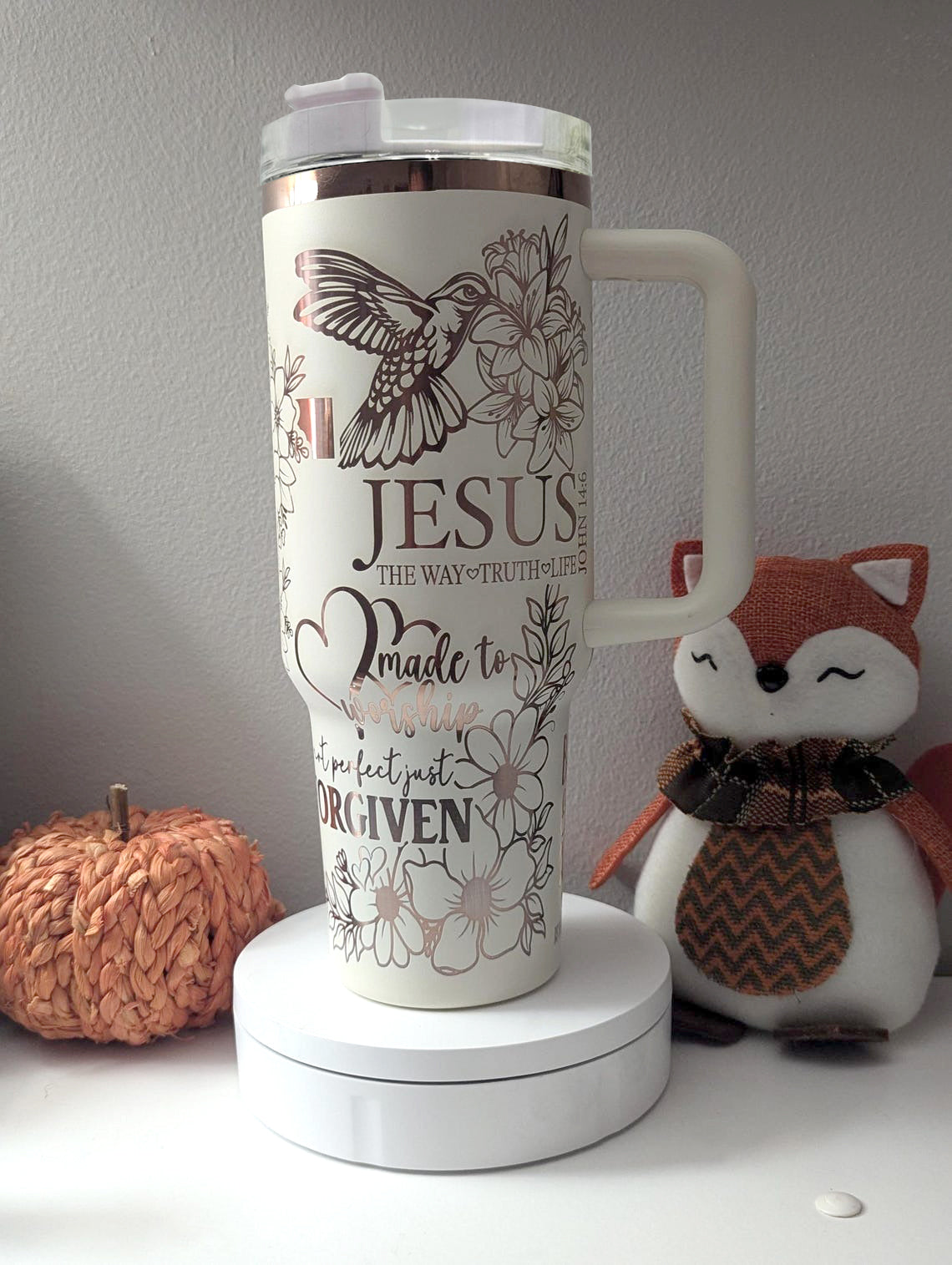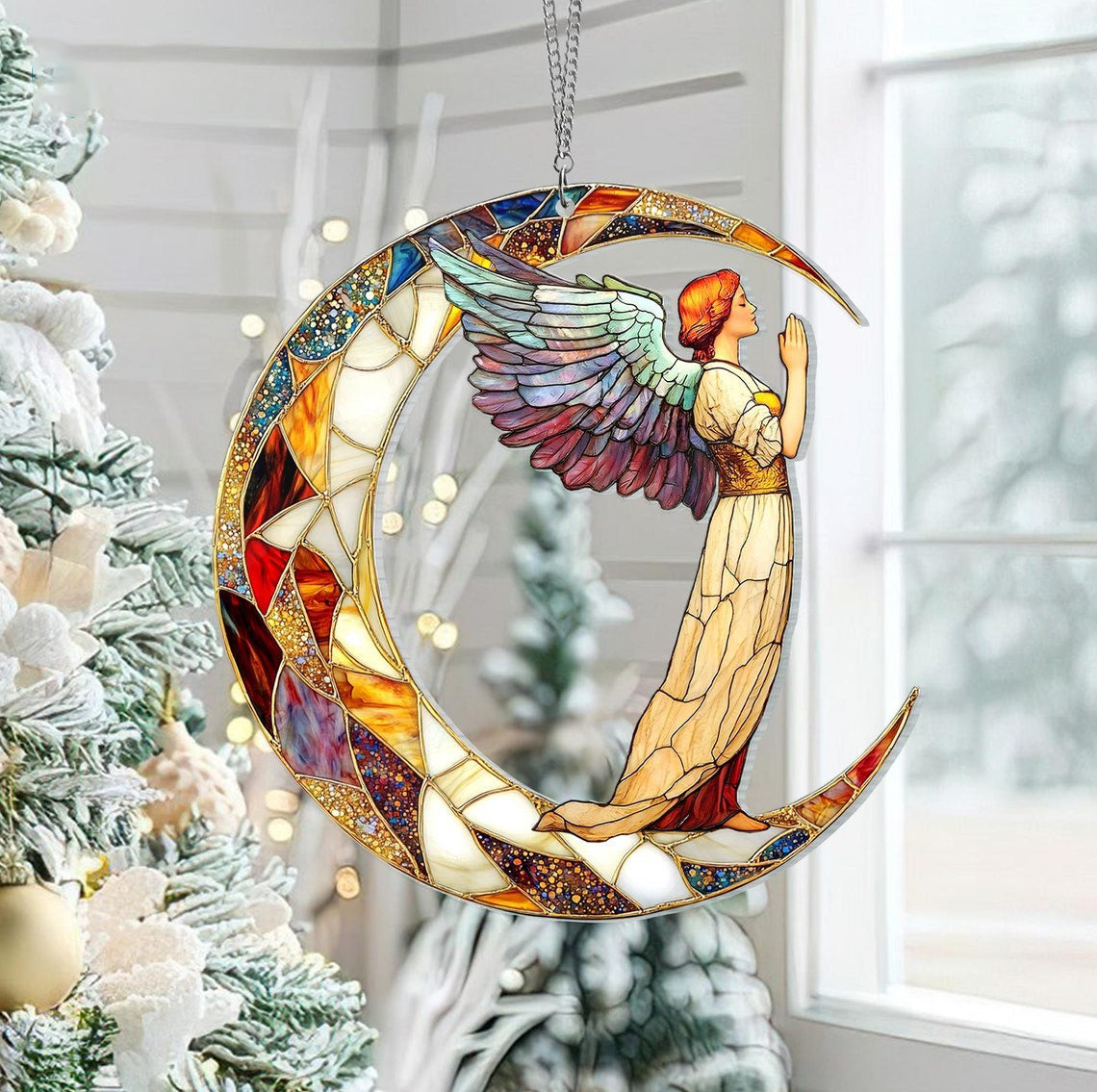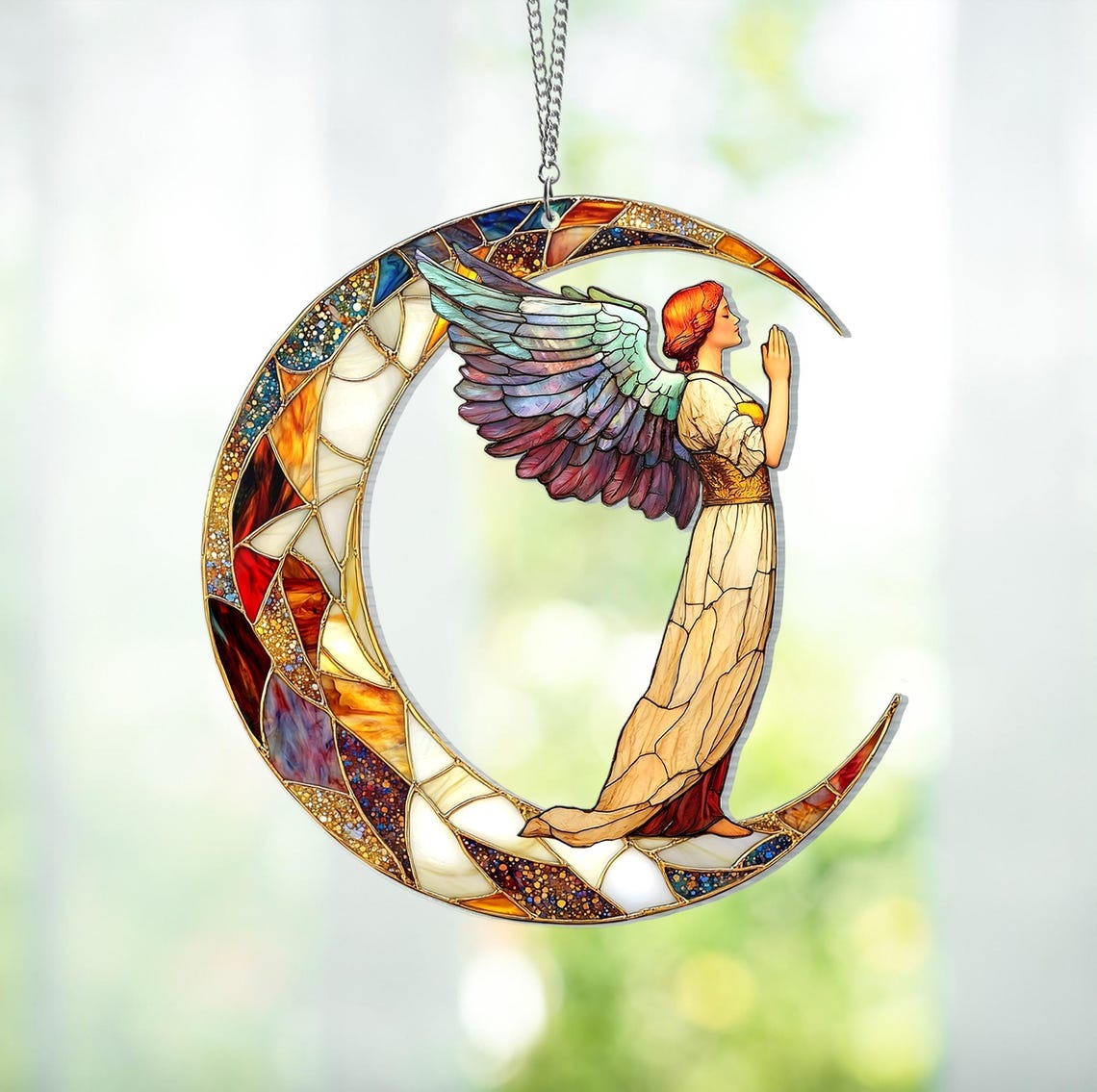How a Non-Catholic Can Marry a Catholic: A Guide to Interfaith Marriage
Interfaith marriages, especially between a Catholic and a non-Catholic, can be beautiful and enriching when built on love, respect, and mutual understanding. However, there are also important considerations and Church guidelines that couples need to follow to ensure a strong and spiritually fulfilling marriage.
If you are a non-Catholic planning to marry a Catholic, here’s what you need to know about the process, requirements, and how to make your marriage a success.
1. Is a Catholic Allowed to Marry a Non-Catholic?
Yes! The Catholic Church allows interfaith marriages, but it has specific rules to ensure that the Catholic partner can continue practicing their faith and that both partners understand the significance of marriage as a lifelong, sacramental bond.
There are two main types of interfaith marriages:
- Mixed marriage – When a Catholic marries a baptized non-Catholic Christian (e.g., Protestant, Orthodox).
- Disparity of cult marriage – When a Catholic marries a non-baptized person (e.g., an atheist, Muslim, Hindu, or Buddhist).
Both require special permission from the Church, but they can still be valid and sacramental under the right conditions.
2. Church Requirements for an Interfaith Marriage
Before the wedding, the Catholic partner must:
Obtain permission from the local bishop – The Catholic Church requires a formal dispensation (approval) for mixed marriages or marriages with a non-Christian. This is usually handled by the Catholic partner’s parish priest.
Promise to continue practicing their faith – The Catholic must remain faithful to their beliefs and promise to do their best to raise the children in the Catholic faith.
Ensure mutual understanding about marriage – Both partners must agree on the lifelong nature of marriage, fidelity, and openness to children.
The non-Catholic partner does not have to convert but must respect the Catholic spouse’s faith and commitment to raising Catholic children.
3. The Wedding Ceremony: Church or Civil?
A Catholic and a non-Catholic can have their wedding:
Inside a Catholic Church – If the marriage is celebrated in a Catholic ceremony, a priest or deacon must officiate, and at least two witnesses must be present.
Outside the Church (with dispensation) – In some cases, the Church allows a Catholic to marry in a non-Catholic ceremony (e.g., a Protestant church or a secular venue) with permission from the bishop.
Civil Marriage – While a civil marriage is legally valid, the Catholic Church encourages a sacramental marriage with God’s blessing.
4. Challenges and How to Overcome Them
Interfaith marriages can be harmonious and fulfilling, but they also come with unique challenges:
Religious Differences in Daily Life
- Open conversations about how to practice your faiths at home.
- Respect each other’s prayers, traditions, and religious customs.
Raising Children in the Catholic Faith
- The Catholic partner promises to raise children in the Catholic faith, but the non-Catholic spouse should also be involved in spiritual upbringing.
- Discuss how religious holidays, sacraments, and traditions will be celebrated as a family.
Handling Family and Community Expectations
- Families may have concerns about interfaith marriage, so patience and understanding are key.
- Keep open and honest discussions with both families to find common ground.
5. Making an Interfaith Marriage Work
Respect Each Other’s Faith – Love means respecting each other’s beliefs and finding ways to grow together spiritually.
Pray Together – Even if you have different faiths, you can pray for your marriage, your family, and your future.
Communicate About Faith – Don’t avoid faith-related conversations; instead, embrace discussions that help you understand each other better.
Build a Family of Love – A strong marriage is not just about religion but about mutual love, commitment, and shared values.
Love and Faith Can Coexist
Interfaith marriages between a Catholic and a non-Catholic require understanding, patience, and spiritual guidance, but they can be deeply fulfilling. By respecting each other’s beliefs, communicating openly, and seeking God’s wisdom, couples can build a strong, loving, and faith-filled marriage.
If you or someone you know is preparing for an interfaith marriage, what are your thoughts and concerns? Let’s start a meaningful conversation!








